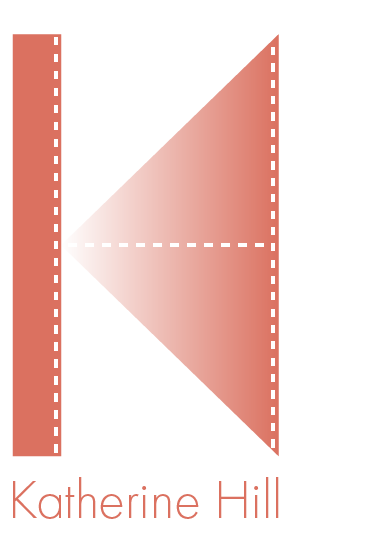Collective Living is a study of housing for a new community development in
Fond-des-Blanc, Haiti. The development, supported by the Haiti Christian
Development Fund and the Kellogg Foundation, proposes increased density in a
more sparsely inhabited rural area of the country in order to increase access to
communal amenities and resources. Furthermore, it aims to integrate various
socio-economic classes to develop shared social mentoring experiences.
After researching Haitian culture and delving deeper into the importance of
community engagement within the area, we developed design objectives that focus
on issues of social empowerment, community involvement, and flexible
domesticity.
Fond-des-Blanc, Haiti. The development, supported by the Haiti Christian
Development Fund and the Kellogg Foundation, proposes increased density in a
more sparsely inhabited rural area of the country in order to increase access to
communal amenities and resources. Furthermore, it aims to integrate various
socio-economic classes to develop shared social mentoring experiences.
After researching Haitian culture and delving deeper into the importance of
community engagement within the area, we developed design objectives that focus
on issues of social empowerment, community involvement, and flexible
domesticity.
The proposal, Collective Living, draws attention to the gender-specific
place of the kitchen, where women’s time is often consumed by tasks of meal
preparation and child-rearing. Time is a factor that largely affects people’s
relationships to their communities. By affecting this limited resource through
space-making, the proposal creates opportunity for strengthened social bonds.
The project proposes a new typology that re-imagines the kitchen as both central to
the home and to collections of homes (the lakou), thereby empowering women and
making them integral to the social structure of the community. In this way, the
proposal reinforces the idea that individuals makes the collective, the collective
makes the community, and the community makes the genus loci.
place of the kitchen, where women’s time is often consumed by tasks of meal
preparation and child-rearing. Time is a factor that largely affects people’s
relationships to their communities. By affecting this limited resource through
space-making, the proposal creates opportunity for strengthened social bonds.
The project proposes a new typology that re-imagines the kitchen as both central to
the home and to collections of homes (the lakou), thereby empowering women and
making them integral to the social structure of the community. In this way, the
proposal reinforces the idea that individuals makes the collective, the collective
makes the community, and the community makes the genus loci.
Haley Dennis, Katherine Hill, and Ashley Wolff
